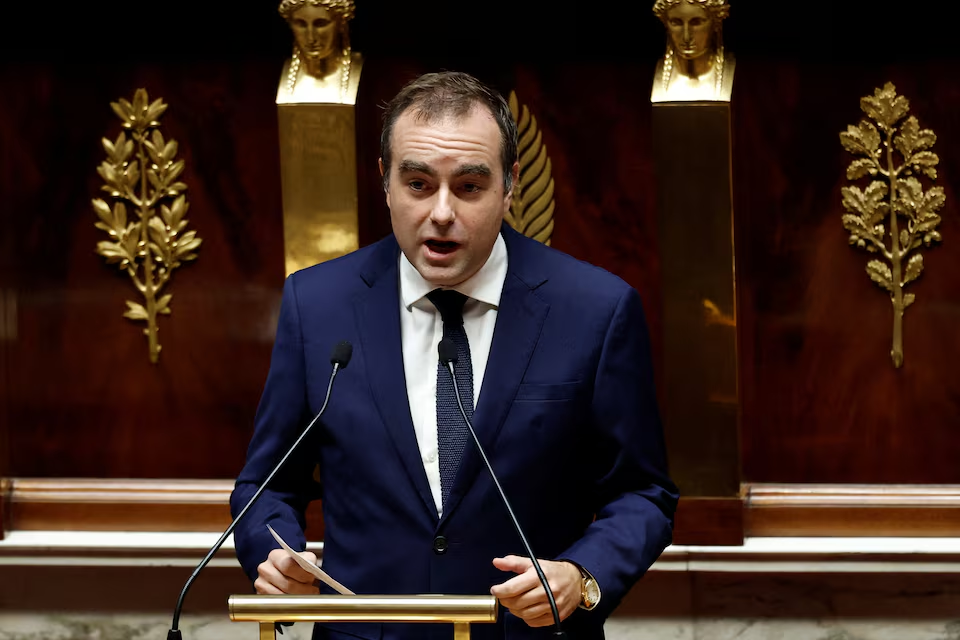Mexico Extradites 29 High-Level Criminals to the United States Under Pressure from President Trump's Administration
Mexico, under pressure from U.S. President Donald Trump's administration, has extradited 29 high-ranking organized criminals to the United States as part of its efforts to combat drug trafficking and address the fentanyl crisis. This move comes as the Trump administration has threatened to impose a 25 percent tariff on all Mexican imports and is pressuring Mexico to take action against fentanyl trafficking at the border.
Among those extradited is Rafael Caro Quintero, a drug lord convicted of the 1985 murder of a U.S. Drug Enforcement Administration (DEA) agent. He had spent years on the FBI's "10 Most Wanted Fugitives" list but was re-arrested by Mexican authorities in 2022. His extradition to the U.S. is a major success for U.S. authorities.
Additionally, Mexico handed over two former leaders of the Zetas cartel, Omar and Miguel Ángel Treviño Morales. They were arrested in 2013, but U.S. authorities accuse them of continuing to run the Cartel del Noreste (the successor to Las Zetas) from prison.
This comes at a time when Mexican delegations are in talks with U.S. counterparts to delay Trump's tariff deadline, which is currently set for March 4.
Mexico’s Long Struggle
Caro Quintero, the former leader of the now-defunct Guadalajara cartel, spent 28 years in prison for the torture and murder of Kiki Camarena. However, he was released in 2013 after a court overturned his sentence. He later returned to drug trafficking and was included in the FBI's Most Wanted Fugitive list until he was re-arrested by Mexican authorities in 2022.
Mexico has been working to fulfill America’s demands to avoid tariffs. Approximately 80 percent of Mexican exports go to the U.S., and experts say the tariffs could push Mexico into a recession, which would also be damaging for the U.S. economy.
Earlier, Mexico managed to delay the previous tariff deadline by one month by agreeing to send 10,000 soldiers to the U.S.-Mexico border. However, it remains unclear how many additional soldiers will be deployed to curb the flow of fentanyl from the border region.










